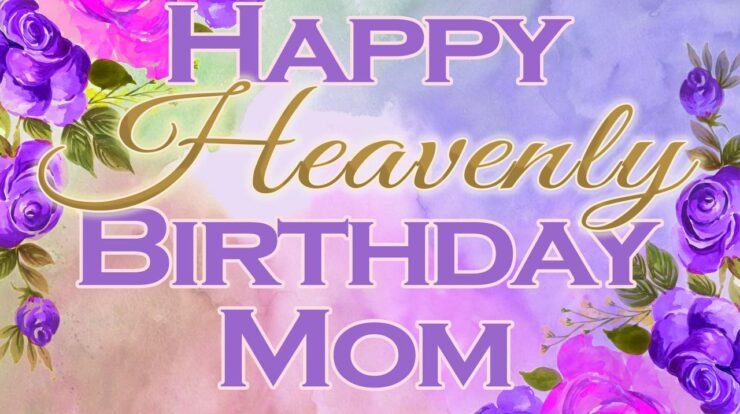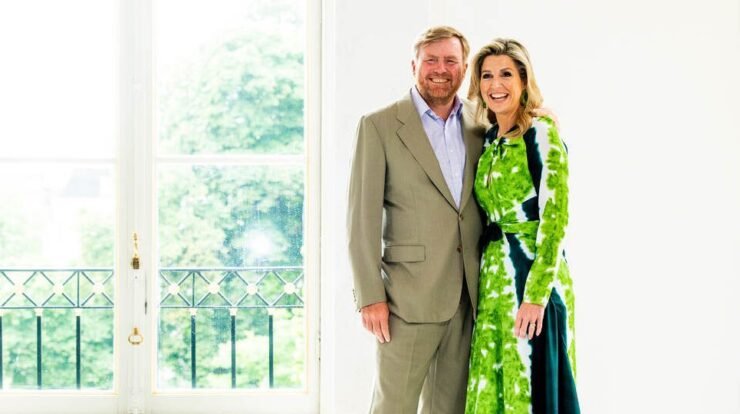
Willem alexander – Willem-Alexander, the current King of the Netherlands, has reigned since 2013, leaving an indelible mark on the nation and the international community. His reign has been characterized by his dedication to social causes, diplomacy, and representing the Netherlands on the global stage.
Born in 1967, Willem-Alexander ascended to the throne following the abdication of his mother, Queen Beatrix. As King, he holds a constitutional role and is responsible for state affairs, official visits, and public engagements.
Willem-Alexander’s Early Life and Education
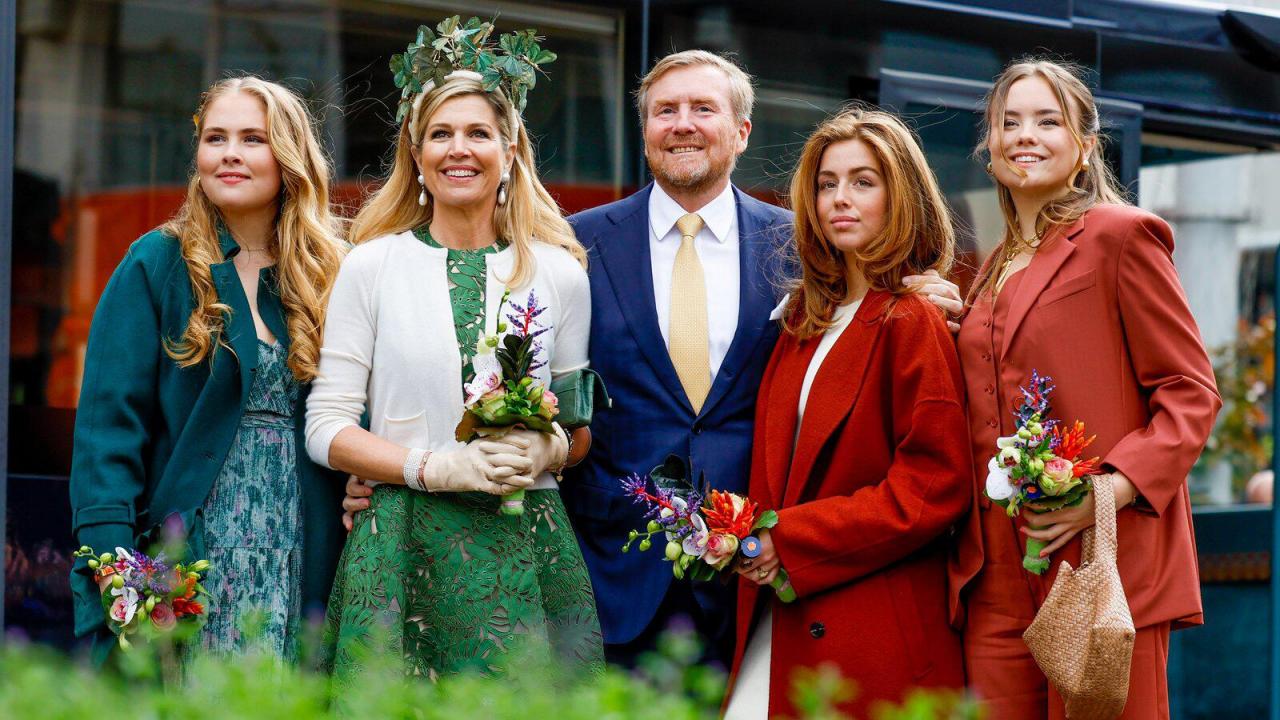
Willem-Alexander was born on April 27, 1967, in Utrecht, Netherlands, to Princess Beatrix and Prince Claus. He is the eldest of three sons and the first male heir to the Dutch throne in over a century. As a child, Willem-Alexander attended primary and secondary school in The Hague, where he excelled academically and developed a keen interest in sports, particularly rowing.
In 1985, Willem-Alexander enrolled at Leiden University to study history. During his time there, he became actively involved in student life, serving as president of the university’s rowing club. He graduated with honors in 1993 and continued his studies at Oxford University, where he earned a master’s degree in international relations.
Reign and Responsibilities as King of the Netherlands
On April 30, 2013, Queen Beatrix abdicated the throne in favor of her son, Willem-Alexander. His accession to the throne marked a significant moment in Dutch history, as it was the first time in over a century that the Dutch monarchy had been passed down to a male heir.
As King of the Netherlands, Willem-Alexander’s constitutional role includes representing the country both domestically and internationally, appointing government officials, and signing legislation into law. He is also the head of the Dutch armed forces and the Grand Master of the Military Order of William.
Personal Life and Family
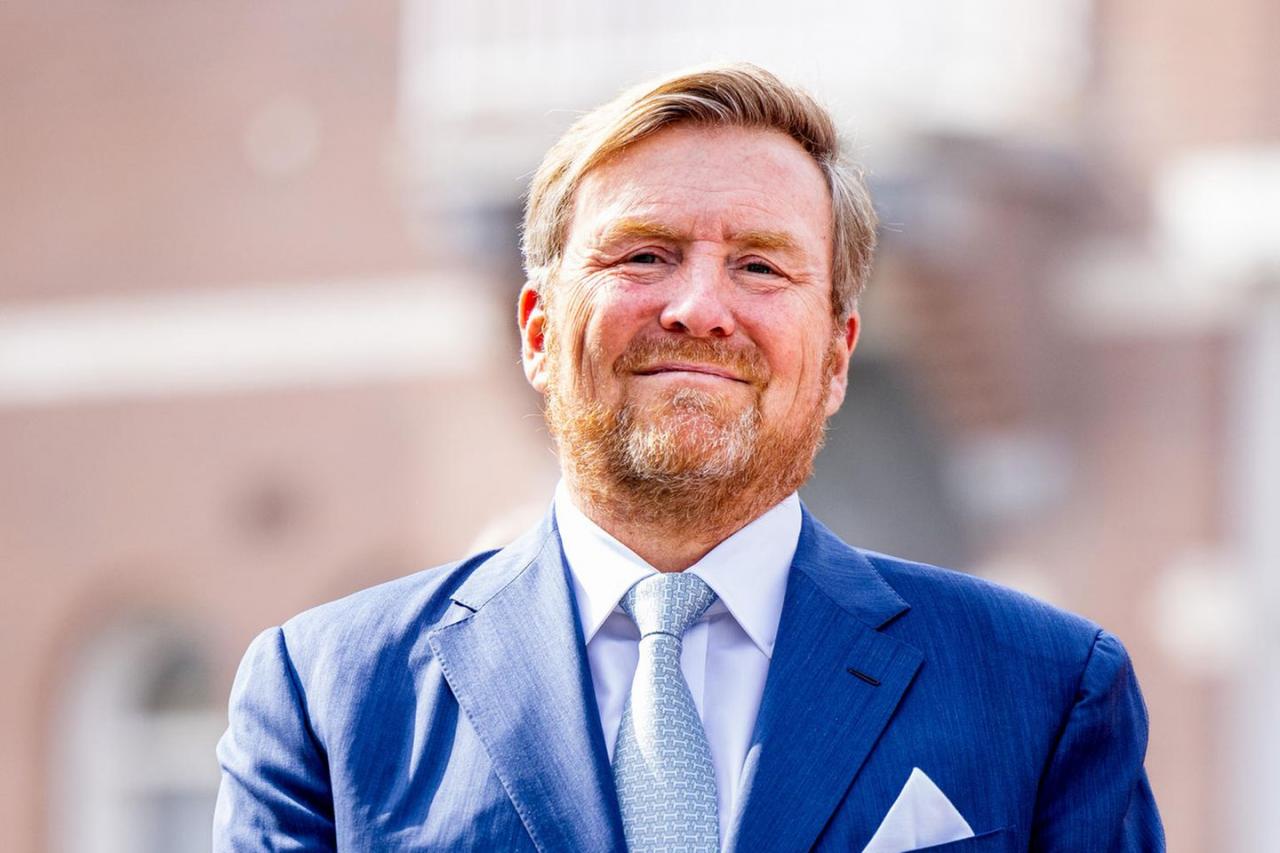
In 2002, Willem-Alexander married Máxima Zorreguieta Cerruti, an Argentine woman. The couple has three daughters: Princess Catharina-Amalia, Princess Alexia, and Princess Ariane. The family resides in the Huis ten Bosch Palace in The Hague.
Willem-Alexander is a devoted family man and enjoys spending time with his wife and daughters. He is also an avid sportsman and enjoys rowing, tennis, and skiing.
Willem-Alexander’s Advocacy and Interests: Willem Alexander
Willem-Alexander is an active advocate for water management and sustainability. He has served as the UN Secretary-General’s Special Advocate for Water and Sanitation since 2016. He is also the patron of the Dutch Water Partnership, a non-profit organization that promotes sustainable water management practices.
In addition, Willem-Alexander is a strong supporter of youth empowerment. He is the founder of the Prince Claus Fund, a foundation that supports projects aimed at improving the lives of disadvantaged youth around the world.
International Role and Diplomacy
Willem-Alexander plays an active role in representing the Netherlands on the global stage. He has undertaken numerous state visits and participated in international summits and conferences.
In 2017, Willem-Alexander hosted the Global Fund Replenishment Conference in The Hague, which raised over $14 billion to fight AIDS, tuberculosis, and malaria. He is also a strong advocate for international cooperation and peace.
Public Perception and Legacy
Willem-Alexander is a popular and respected figure in the Netherlands. He is seen as a modern and approachable monarch who is committed to serving his country and its people.
Willem-Alexander’s reign has been marked by a number of significant events, including the abdication of his mother, the birth of his three daughters, and the hosting of the Global Fund Replenishment Conference. He is expected to continue to play a vital role in Dutch society for many years to come.
Epilogue
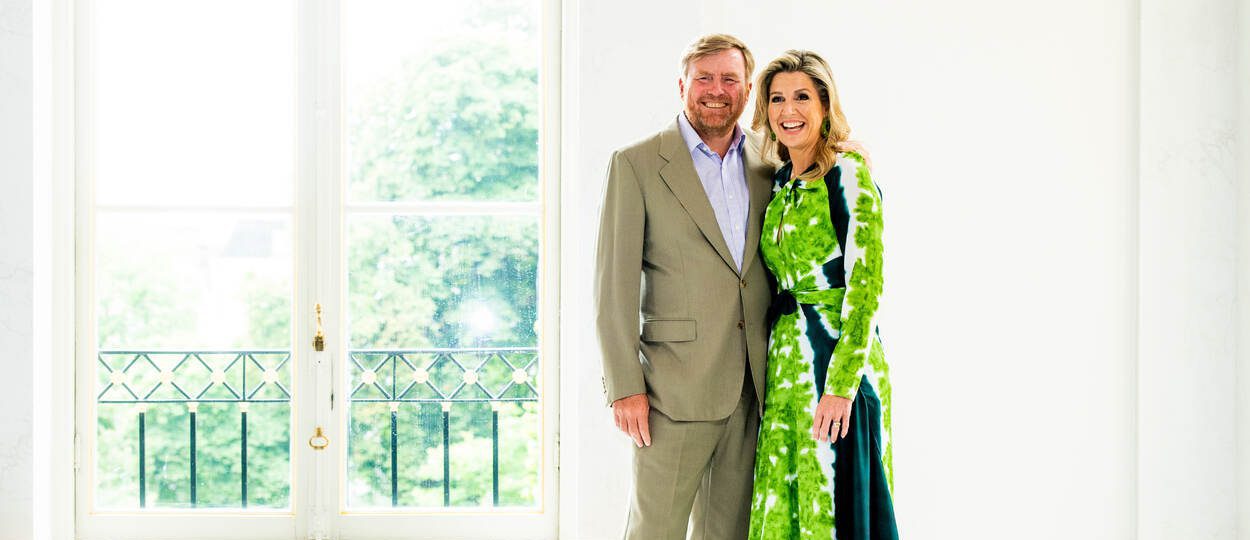
Willem-Alexander’s reign has been marked by his advocacy for water management, sustainability, and youth empowerment. He has also played a significant role in international diplomacy, representing the Netherlands in various organizations and state visits.
As the Dutch monarchy continues to evolve, Willem-Alexander’s legacy will be shaped by his dedication to his people, his commitment to social causes, and his efforts to strengthen international relations.
Top FAQs
When did Willem-Alexander become King of the Netherlands?
Willem-Alexander became King of the Netherlands on April 30, 2013.
What are some of Willem-Alexander’s key advocacy areas?
Willem-Alexander is a strong advocate for water management, sustainability, and youth empowerment.
Has Willem-Alexander made any significant diplomatic contributions?
Yes, Willem-Alexander has played a significant role in international diplomacy, representing the Netherlands in various organizations and state visits.



